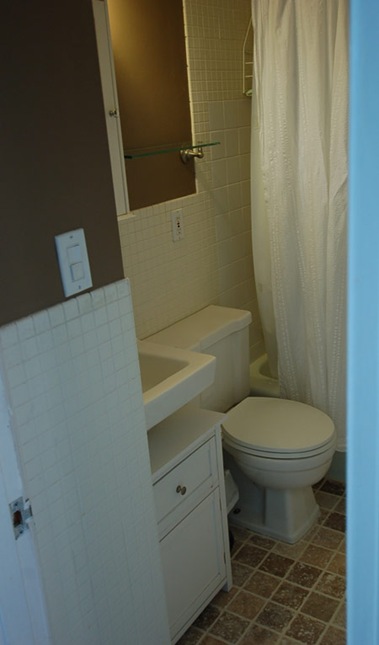Whether you are interested in buying or selling a home you may have heard that you should take a closer look at what is available in the MLS. While this is an acronym that is thrown around quite frequently within the real estate industry, many people do not fully understand what the MLS is or how it can help them with buying or selling their home. Therefore, before you contact a real estate agent, it is good to learn a bit more about the MLS and how it can help you.
The Basics of the MLS
The Multiple Listing Service, or MLS, is a massive database that contains information about homes that are for sale throughout the country. Through the MLS, you can gain access to information about properties that have been listed by agents other than the agent you have hired to help you find a home. “Not only does it allow you to access a greater number of homes, but it also allows you to conduct searches based on certain criteria,” says Brian Kinkade*.
While some property information is available for the general consumer to access on the Internet, you will need to go through a real estate agent if you wish to tap into the complete MLS system. This is because all of the properties available in the MLS are not listed on the Internet. In addition, there is no national MLS database. Rather, the information that is contained on the Internet has simply been compiled and shared by local and regional MLS systems. Since the local and regional systems do not participate to the same extent, certain information may be missing from the Internet.
Getting Use of the MLS as a Seller
The MLS is an excellent tool for getting a home sold. While placing ads is certainly a great way to grab the attention of potential buyers, listing your home on the MLS makes it accessible to every MLS member and the thousands of websites to which each MLS system syndicates listings (How to list on the MLS). Therefore, when a real estate agent conducts a search on behalf of his or her clients, your home will be among those that are available in the database. In short, being in the MLS helps to further expand the number of potential buyers while also helping to create a greater demand for the property. Not only will this help you get your home sold faster, but it will also increase the amount that you can hope to get for the property.
Getting Use of the MLS as a Buyer
As a buyer, the MLS helps you search through a broader range of properties. As a result, you are more likely to find a home to suit your needs as well as your budget. In short, it creates a win-win situation for everyone who is involved in the entire process!









